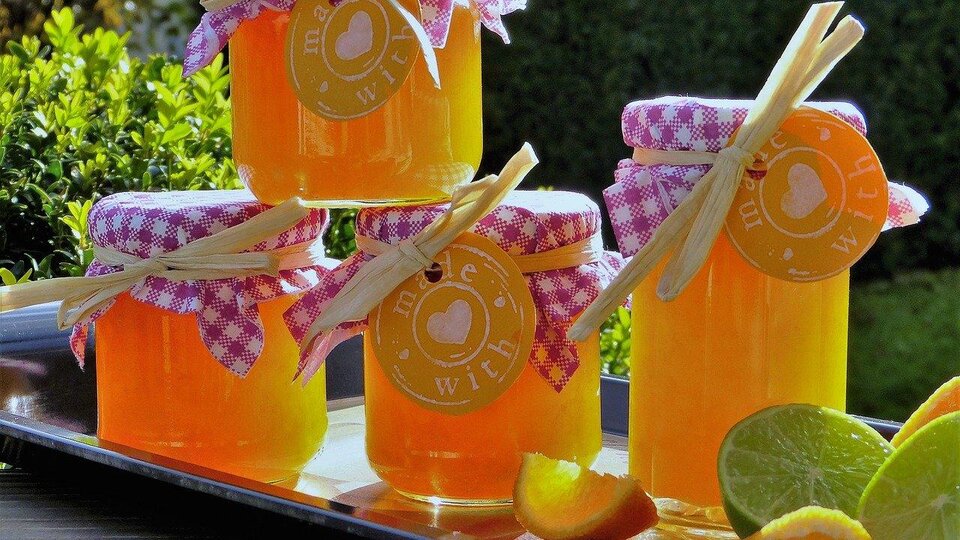Introduction to Cottage Foods
The Cottage Food industry has exploded in Nebraska since 2019. It brought in over $1,000,000 in revenue in 2023. It blossomed during the pandemic when many were unemployed. Today, most of our food is processed. For consumers, it’s refreshing to purchase something that’s handmade by a person who lives in your community. It stimulates economic growth of our community and provides a local niche for specialty foods (gluten free, allergen free, ethnic foods, etc.).
Cottage Foods are unique from those purchased in the supermarket because they are locally produced using unique ingredients, recipes (no added preservatives and artificial flavors), artisanal methods of preparation, and different ways of packaging and presentation. Many of these products include local ingredients, like local honey and other agricultural products. Foods created with specific dietary restrictions in mind and local culture is important to many consumers.
Cottage Food producers create their food in the community where they are selling their products. This provides the consumer with food items that are freshly prepared, and the knowledge of personally meeting the person who prepared their food. There are over 2000 Nebraska Cottage Food producers. It is a job that they can do in their own time in their personal house. It is a way for them to test out a product that they may have always wanted to sell, but do not have to invest the capital for a brick-and-mortar building. They set their own schedules and their own prices. They can sell at farmer’s markets or on social media. These are very inventive, creative people selling items they are passionate about. Consumers want food with ingredients they understand, and this industry fills that niche.
Additional Considerations
Legal Information
When you are starting your cottage food business, you need to consider many legal aspects. Do you need to register your business name? What about paying taxes on your income? How do you obtain insurance—and what type? LLC’s? So many things to think about before you even enter your kitchen to prepare your food items. Nebraska Extension has many helpful professionals that can help you wade through the legal aspects of starting your own business.
Learn MoreWell Testing
Many cottage food producers do not use city water and have a well. They need to provide proof of private well water testing for contamination by nitrate or bacteria if the producer uses private well water to produce cottage foods. This needs to be done before registering as a cottage food producer. All private water supplies contain dissolved substances, and at high concentrations some may be harmful. Having your private drinking water supply tested for quality at an approved laboratory helps ensure that your private drinking water is safe.
Learn MoreFood Testing
Home canned jams and jellies made with a research-based recipe from a trusted source like The Center for Home Food Preservation, Ball Canning, or any Extension Office are tested in a lab and considered safe. Cottage food producer created recipes are not considered safe as they have not been tested in a lab. You can take your product to a lab to have it tested for pH and water activity to see if it is considered safe and shelf stable. If you do this, you must prepare the recipe tested exactly the same every time and keep the lab analysis for certification purposes.
Learn MoreNew to Cottage Food and Unsure where to start?
View our Cottage Food Law checklist to help you get started today.
